Fast Co.Design has a very interesting Apple history artifact posted up today: the birth of the Mac, as told by Jef Raskin, the late founder of the Mac project. Jef’s son Aza wrote the piece and provides scans of the original document if you’re into authenticity instead of legibility.
It’s worth noting before you dive in, which I highly recommend, that Raskin’s vision for the Mac was very different from what Apple actually produced once Steve Jobs took over the development team. Raskin wanted the most unified hardware and software imaginable. One screen, one keyboard, one processor, one memory configuration, no expansion slots, one box. Oh, and he wanted a printer built into the box.
He also wanted to get rid of all modality in a computer. So, for example, if you started typing, the word processor would open and capture what you were typing (rather than having Clippy note that you’re writing a letter). A lot of that stayed in, but Jobs made it much more powerful and, ultimately, diverse and fragmented a platform than Raskin ever envisioned (see the Canon Cat for that).
As Aza Raskin notes, his father’s philosophy is much closer to what’s going one with the iPhone and the iPad. After all, you can have any iPad you want, so long as it comes in brushed aluminum.
This item of controlling appearance is quite significant: for example it is impossible to write a program on the Apple II or III that will draw a high-resolution circle since the aspect ratio and linearity of the customer’s TV or monitor is unknown. You can probably promise a closed curve, but not much more. You cannot promise readable characters, either. Therefore, a predictable, documentable system must be entirely under Apple’s control. LISA is Apple’s first system to allow us to design in context, without depending on chance for the all-important visual aspects of the computer’s output.
Well said. And one of the few places Jef and Steve really saw eye-to-eye, in the long run.
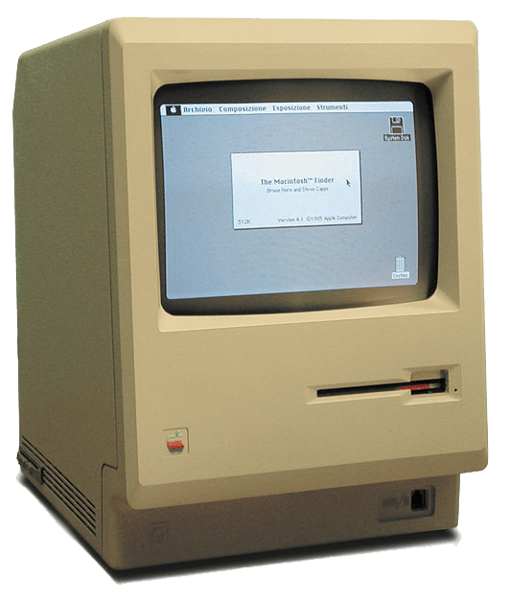

![Here’s How Apple’s New Notification System Might Work [Mockup] ios_notifications](https://www.cultofmac.com/wp-content/uploads/2011/02/ios_notifications1.jpg)

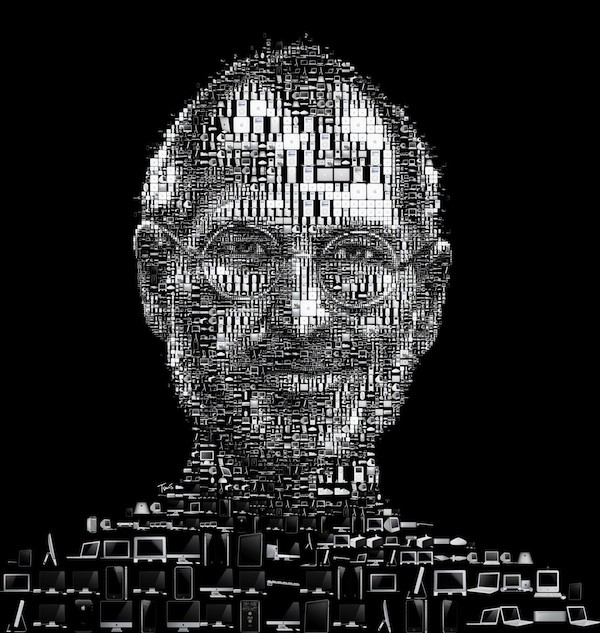
![Digital Art at Macworld – the Good, the Bad and the Ugly [Macworld 2011] cult_logo_featured_image_missing_default1920x1080](https://www.cultofmac.com/wp-content/uploads/2022/04/cult_logo_featured_image_missing_default1920x1080.png)
![Why Macworld Is Better Without Apple [Macworld 2011] Macworld is still crowded, fun, despite Apple's absence.](https://www.cultofmac.com/wp-content/uploads/2011/01/IMG_1619.jpg)

![Top 5 Things I Hate About The Mac [Gripes Of an Ex-PC User] bond_spinning_beachball](https://www.cultofmac.com/wp-content/uploads/2011/01/bond_spinning_beachball.png)
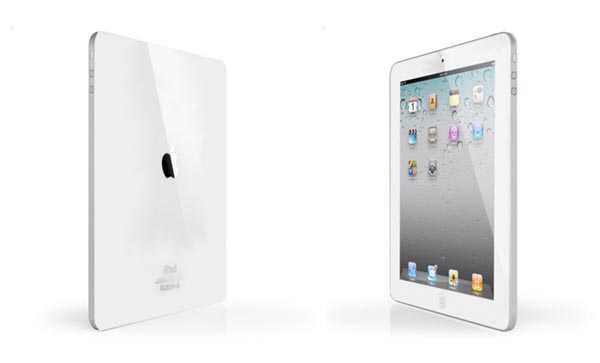
![Why Apple Will Be OK Without Steve Jobs [Opinion] tim_cook_steve_jobs_21.jpg](https://www.cultofmac.com/wp-content/uploads/2011/01/tim_cook_steve_jobs_21.jpg)
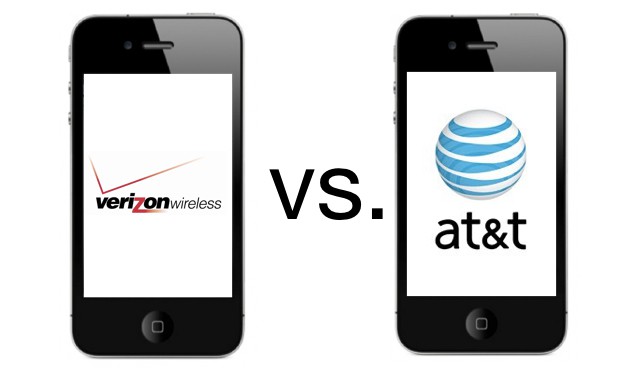


![Why The Next iPad Won’t Have a Rear Camera [Opinion] jobs-holding-tablet](https://www.cultofmac.com/wp-content/uploads/2010/12/jobs-holding-tablet.jpg)




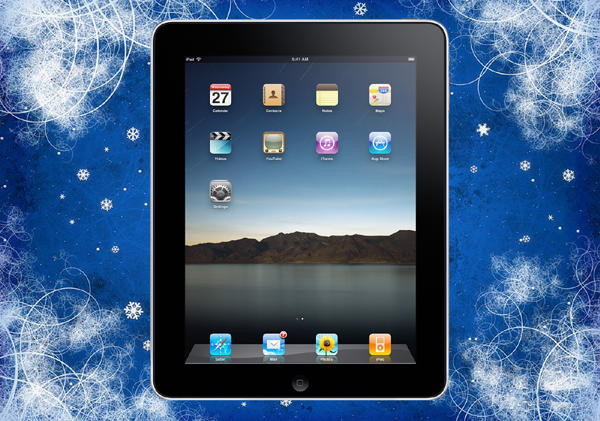

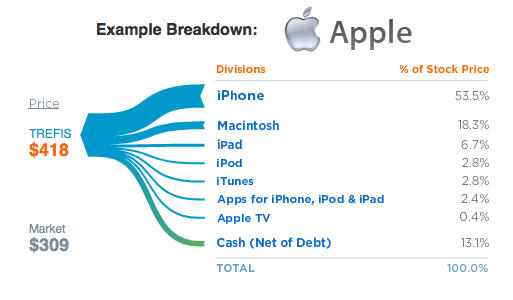
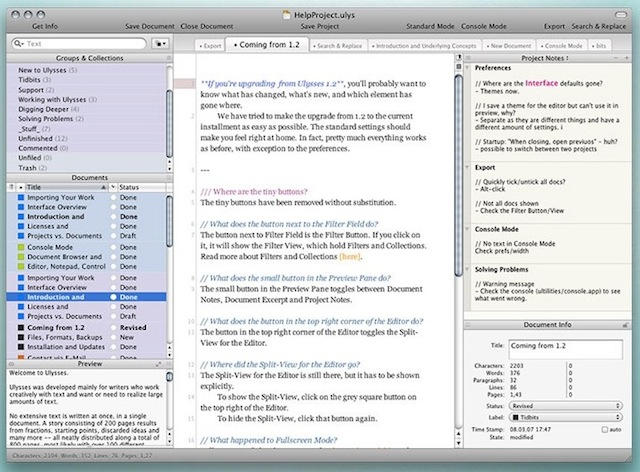
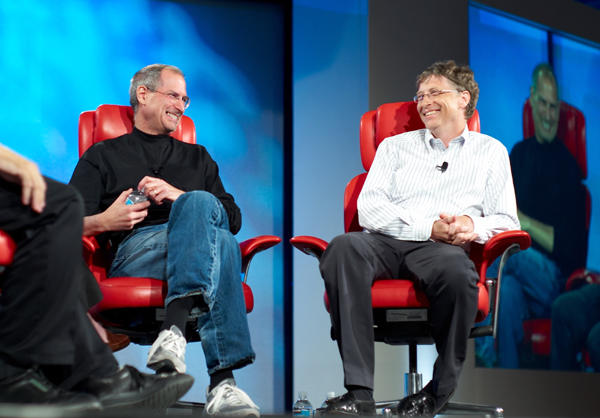
![Three Suggestions For Improving the iPad’s Lock Switch [Opinion] iPad_button](https://www.cultofmac.com/wp-content/uploads/2010/11/iPad_button.jpg)
![Unreliable MobileMe Remains a “Hobby” for Apple [Opinion] MobileMe-Errors](https://www.cultofmac.com/wp-content/uploads/2010/10/MobileMe-Errors.jpg)